Search
Remove Ads
Advertisement
Summary 
Loading AI-generated summary based on World History Encyclopedia articles ...
Search Results
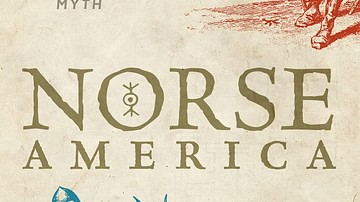
Article
Interview with Gordon Campbell
In this interview, World History Encyclopedia talks to author and scholar Gordon Campbell all about his new book Norse America: The Story of a Founding Myth published by Oxford University Press. Kelly (WHE): Thanks for joining me today...
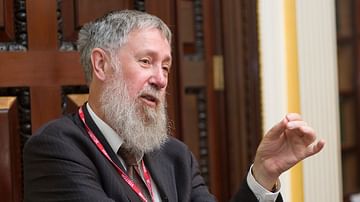
Image
Gordon Campbell
Gordon Campbell, the author of Norse America: The Story of a Founding Myth published by Oxford University Press.
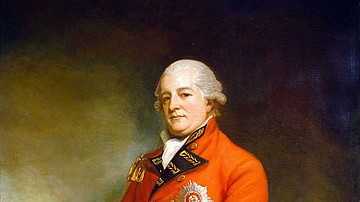
Image
Archibald Campbell
Portrait of Archibald Campbell, British army officer who captured Savannah, Georgia, in December 1778 during the American Revolutionary War. Oil on canvas portrait by George Romney, c. 1790.
National Gallery of Art, Washington, D.C.

Image
Norse America: The Story of a Founding Myth by Gordon Campbell
Cover of Norse America: The Story of a Founding Myth by Gordon Campbell. Published by Oxford University Press.

Definition
Mythology
Myths are a part of every culture in the world and are used to explain natural phenomena, where a people came from and how their civilization developed, and why things happen as they do. At their most basic level, myths comfort by giving...
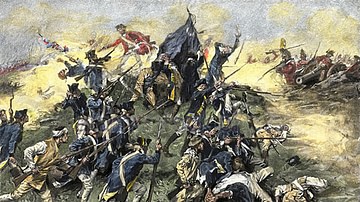
Article
Siege of Savannah
The Siege of Savannah (16 September to 20 October 1779) was a significant engagement in the American Revolutionary War (1775-1783). Hoping to retake Savannah, Georgia, which had fallen to the British the previous year, a Franco-American force...

Article
Battle of Kings Mountain
The Battle of Kings Mountain (7 October 1780) was a significant battle of the American Revolutionary War (1775-1783), fought in the backcountry of South Carolina between large parties of Patriot and Loyalist militias. The battle exemplified...
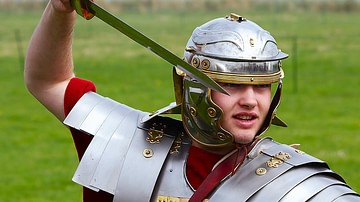
Definition
Gladius Hispaniensis - The Deadly Short Sword of the Romans
The gladius Hispaniensis or Spanish sword was first used by tribes in the Iberian peninsula and, following the Punic Wars, became the standard sword of Roman legionaries from the 2nd century BCE as its relatively short and double-edged blade...

Article
Heraclitus: Life Is Flux
Heraclitus of Ephesus (l. c. 500 BCE) famously claimed that “life is flux” and, although he seems to have thought this observation would be clear to all, people have continued to resist change from his time to the present day. Heraclitus...

Definition
Leonardo da Vinci
Leonardo da Vinci (1452-1519) was an Italian Renaissance artist, architect, engineer, and scientist. He is renowned for his ability to observe and capture nature, scientific phenomena, and human emotions in all media. Leonardo’s innovative...